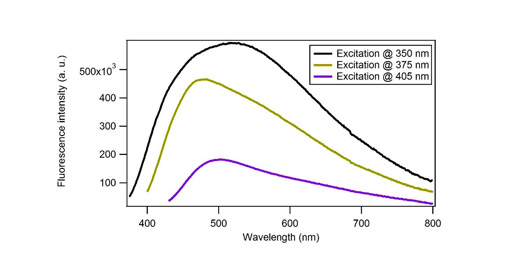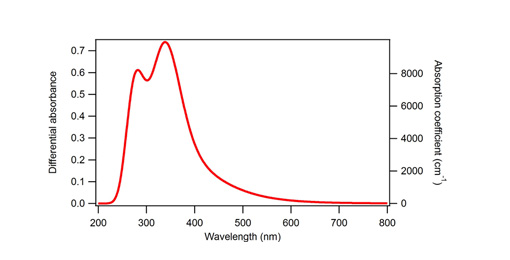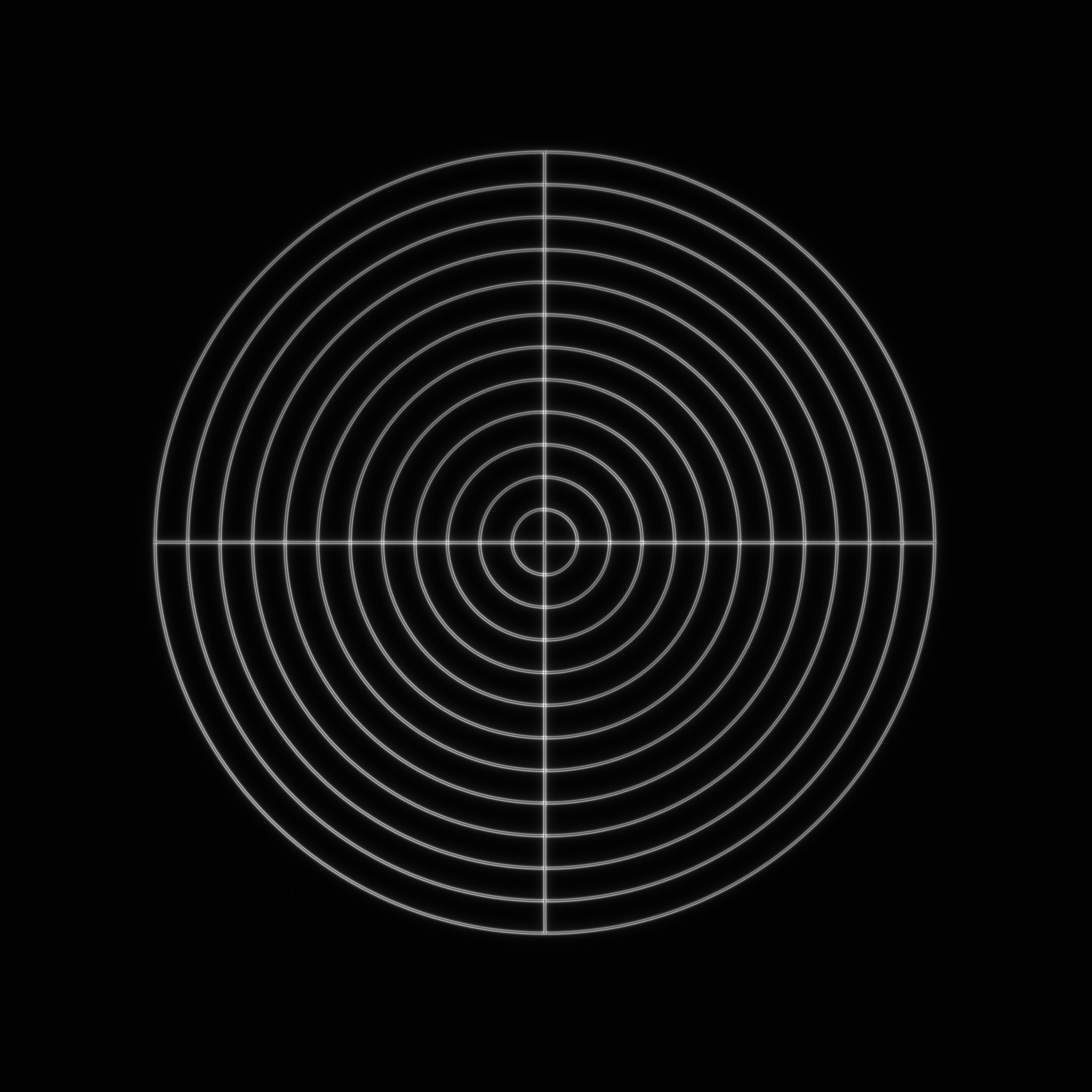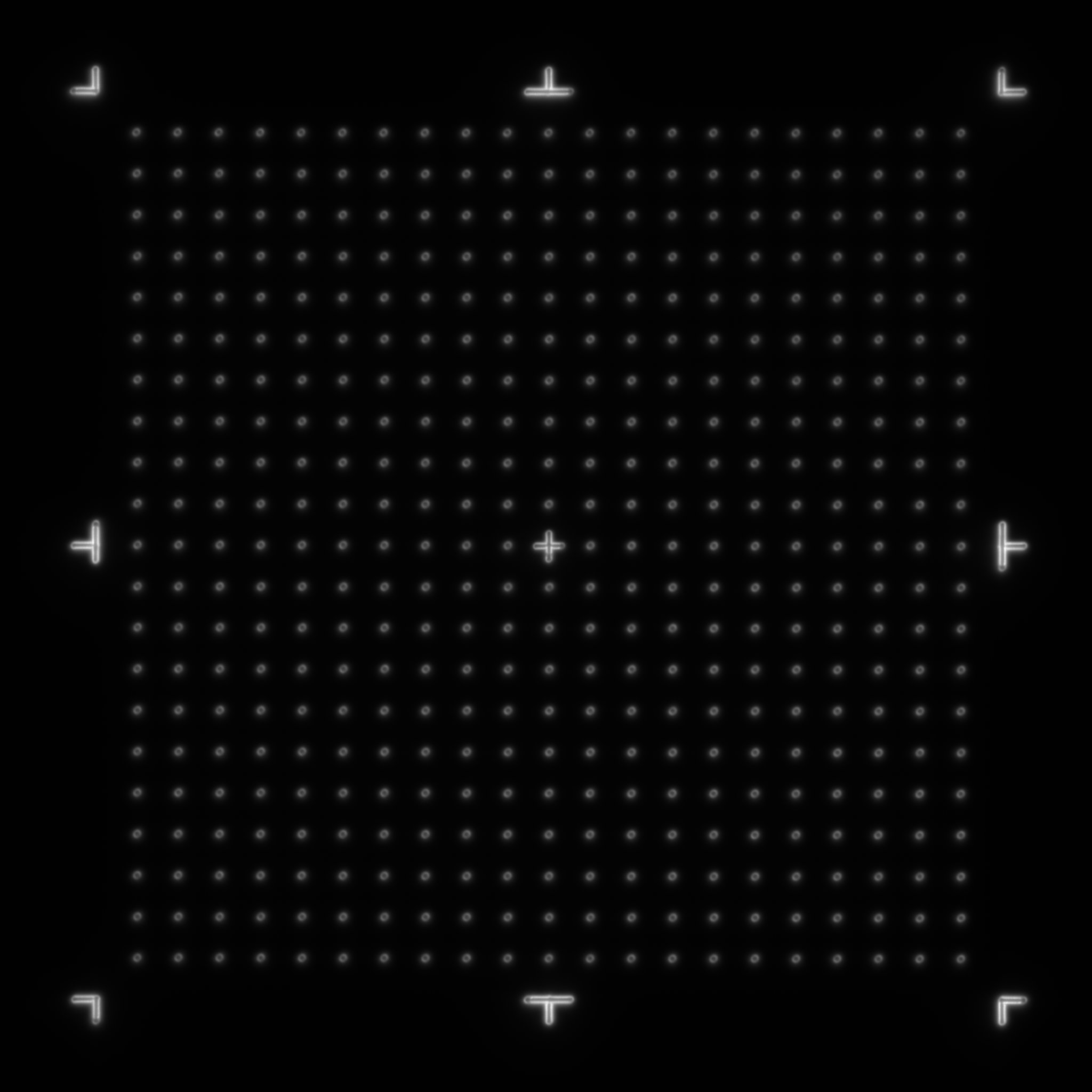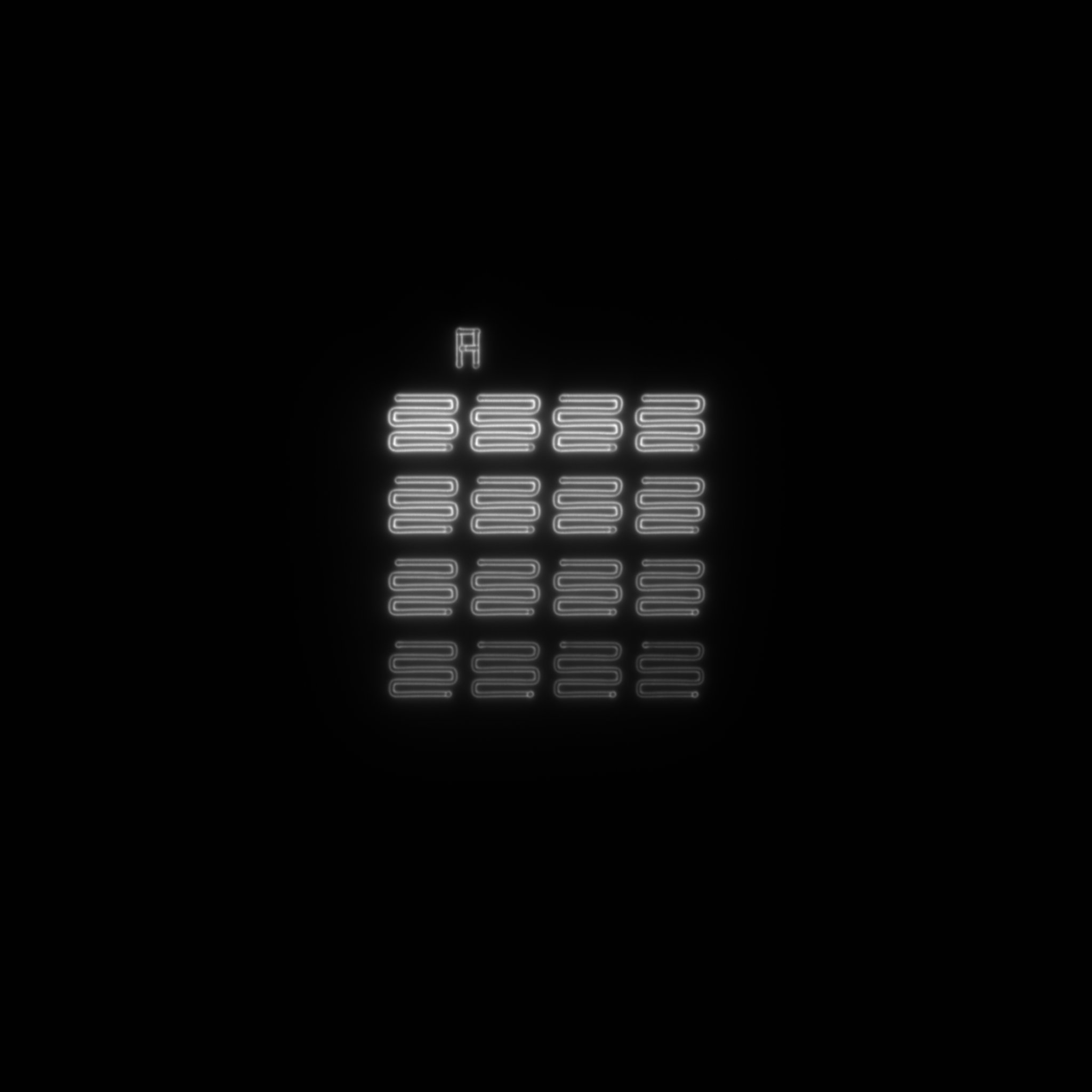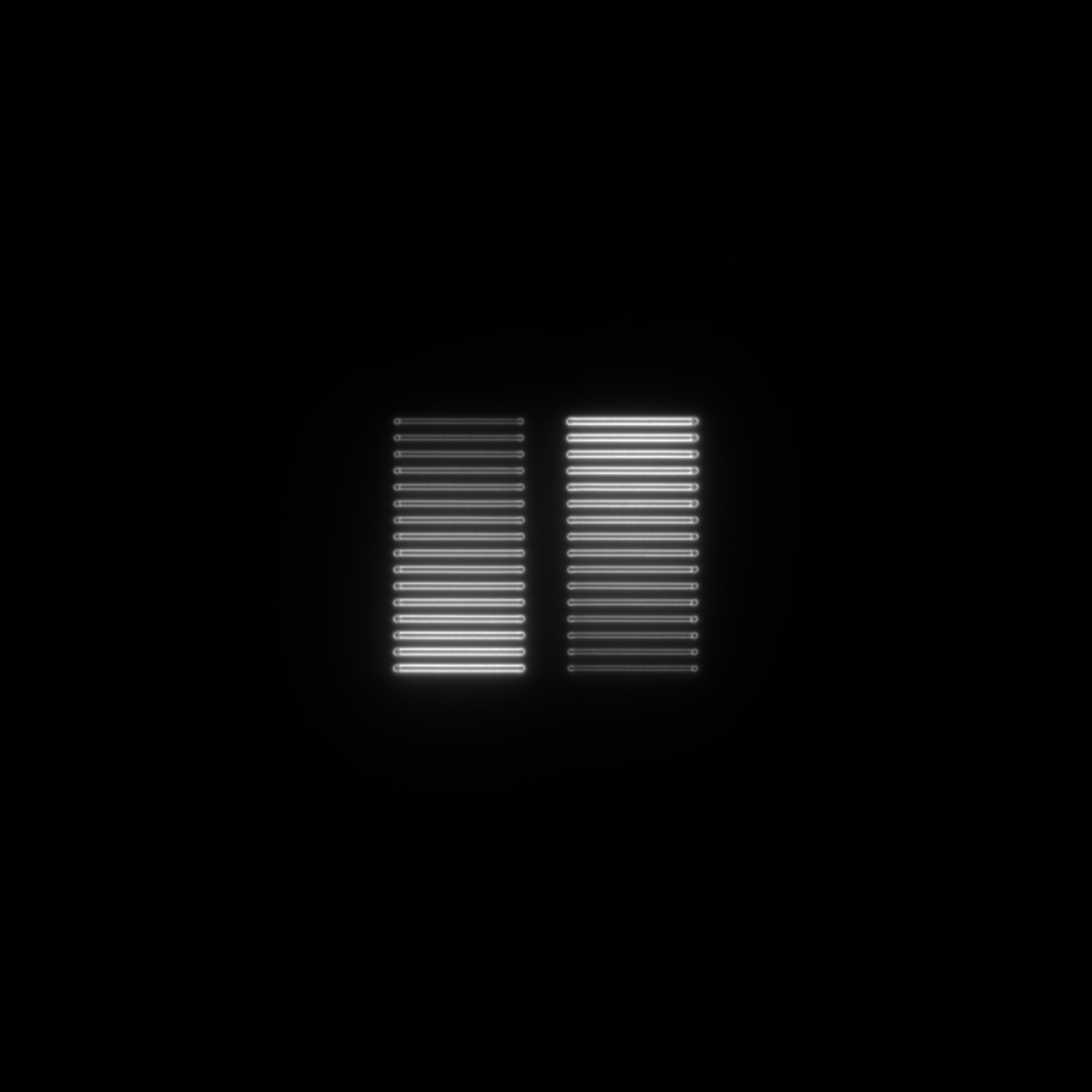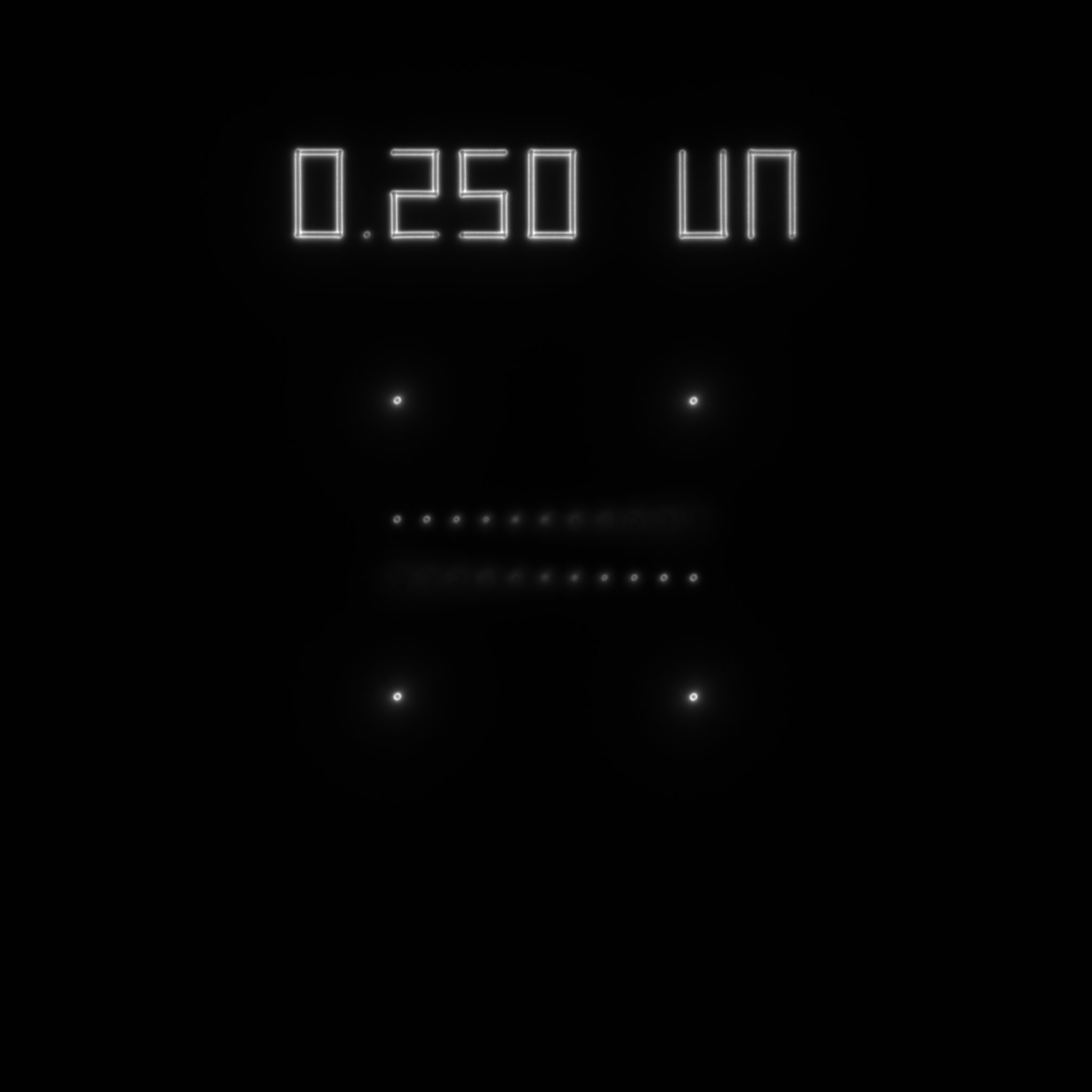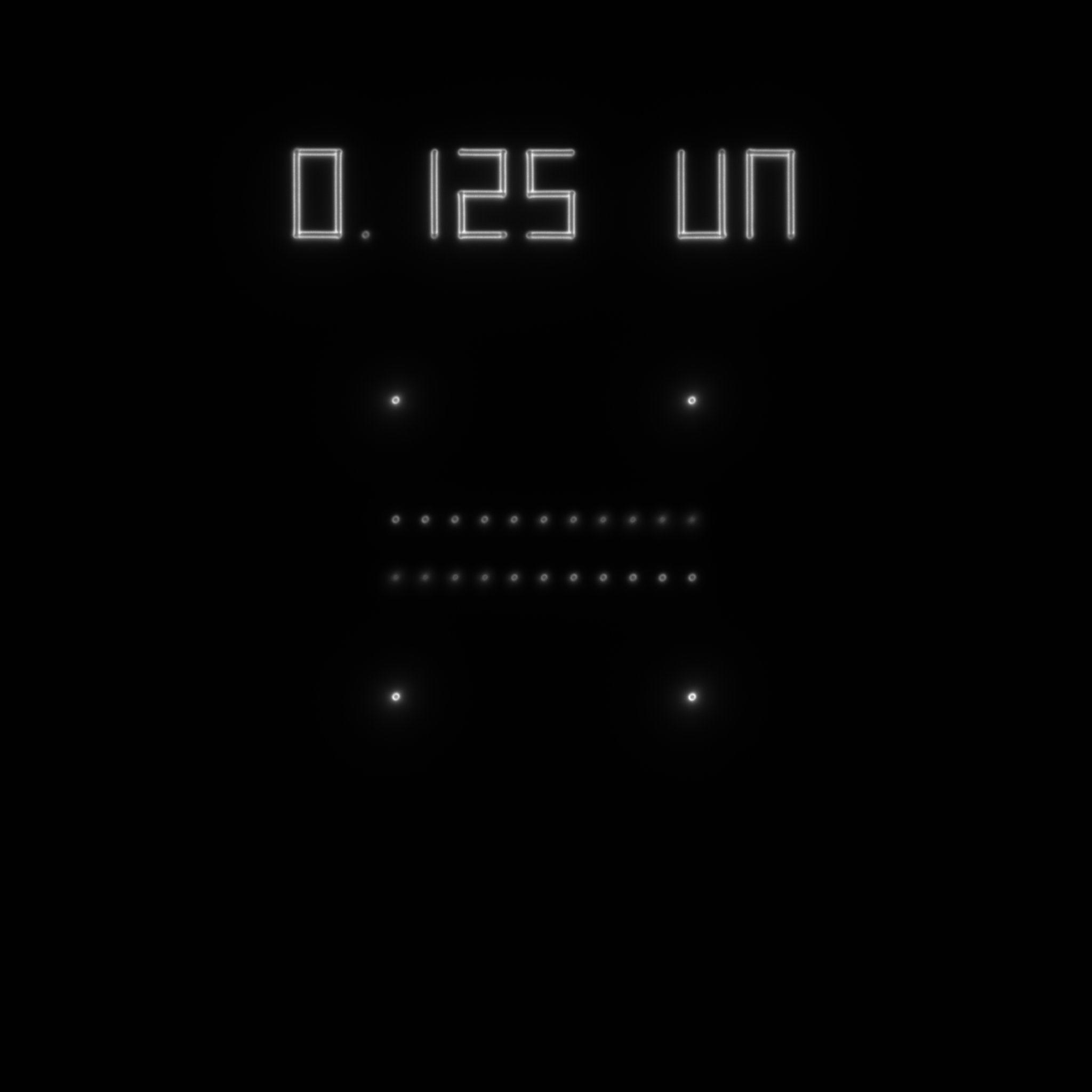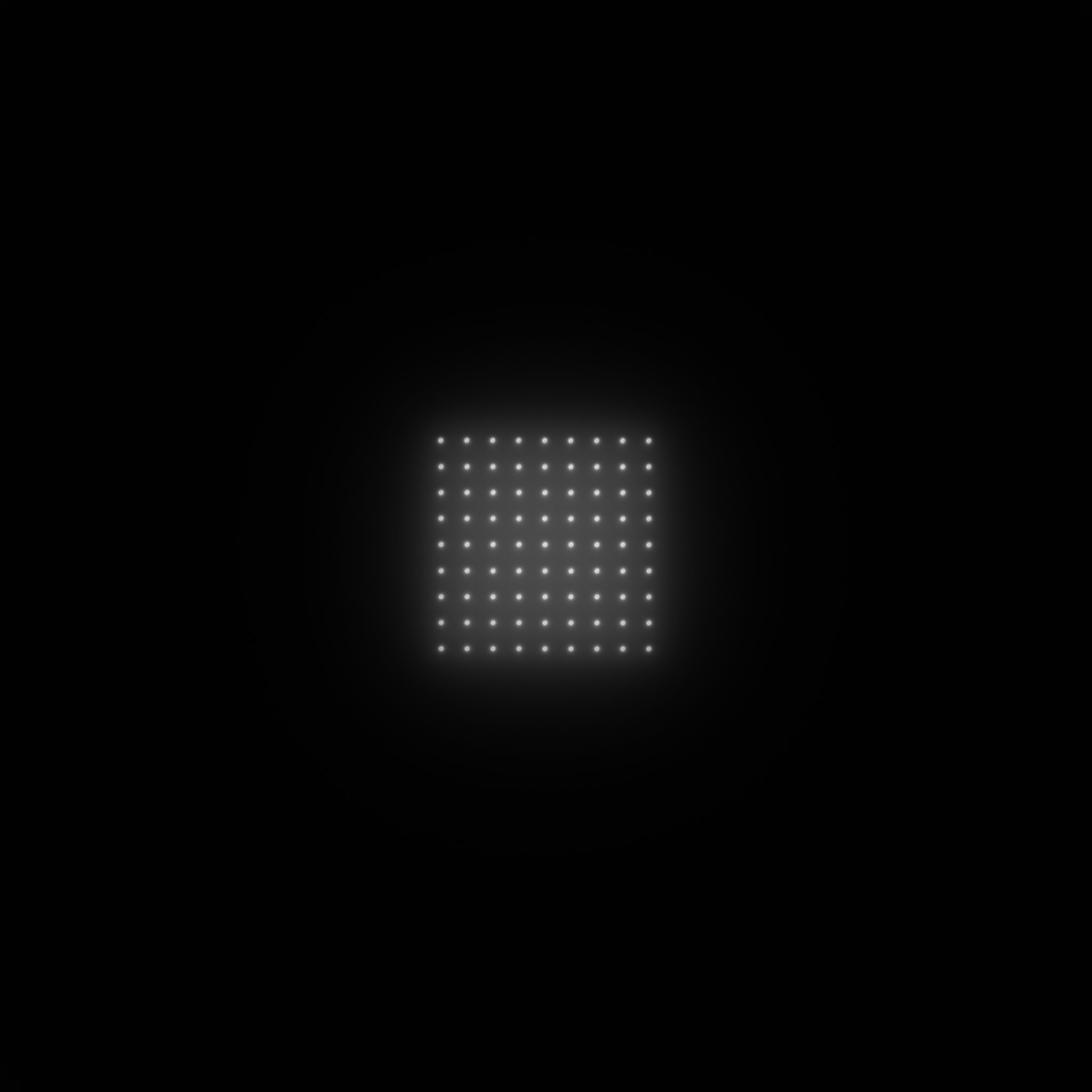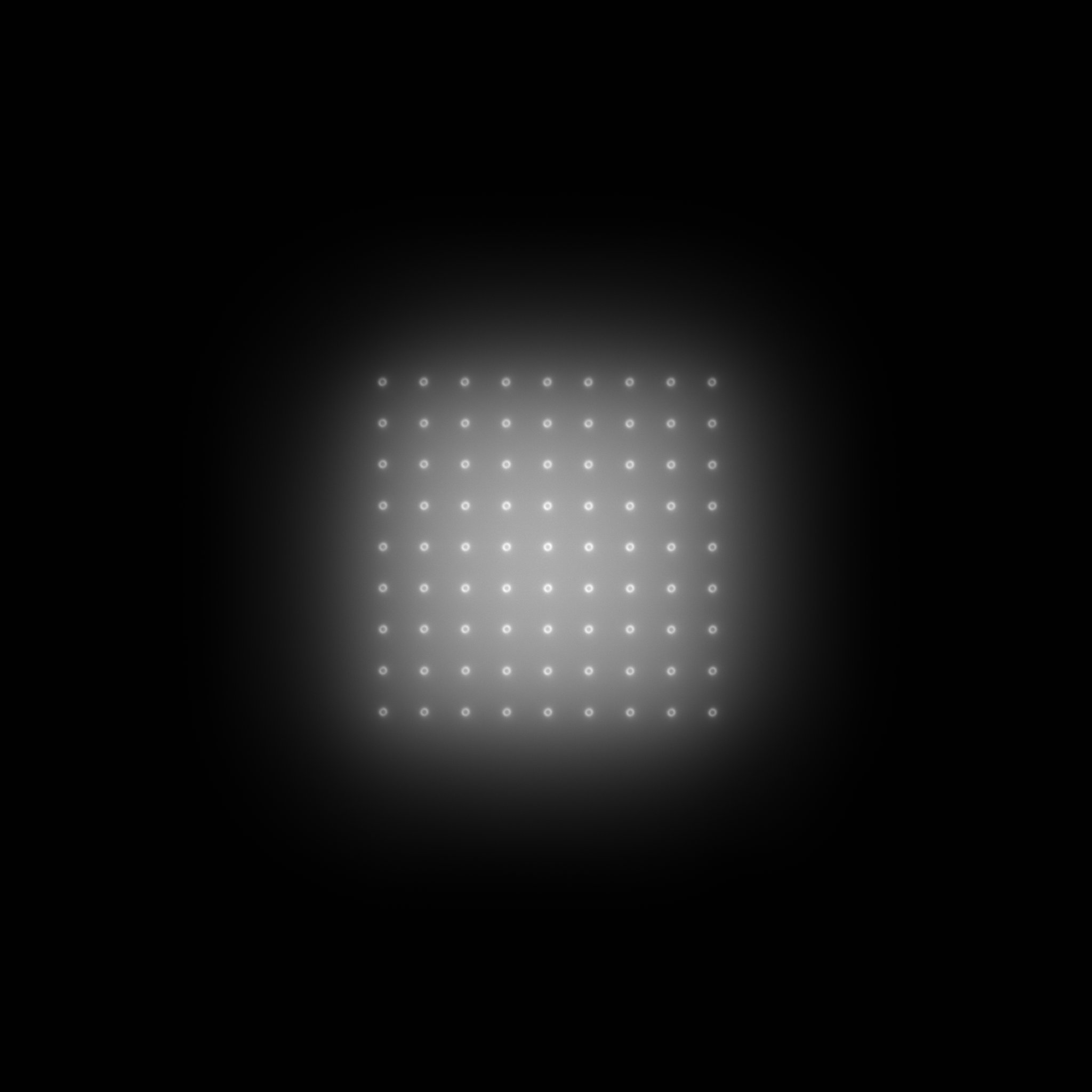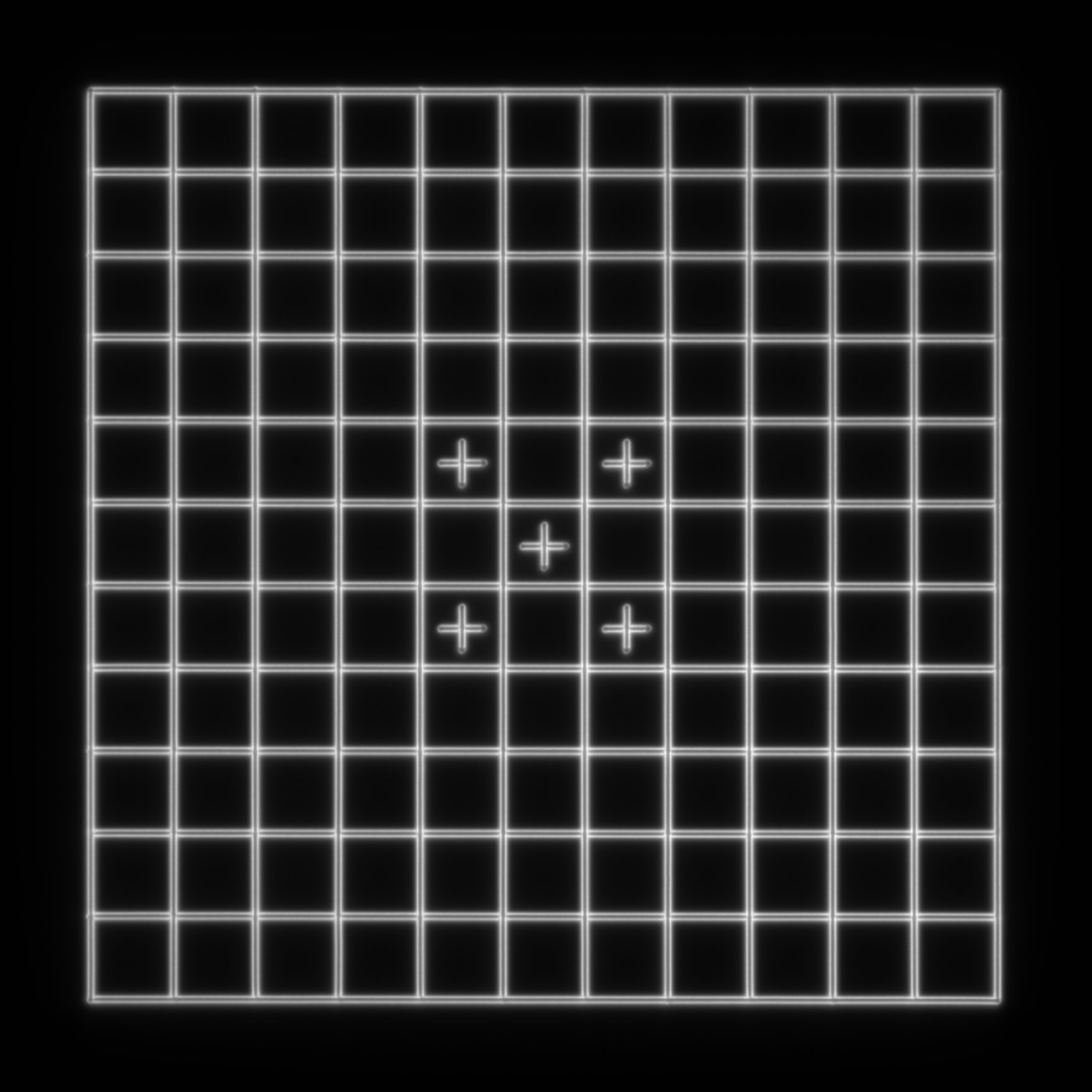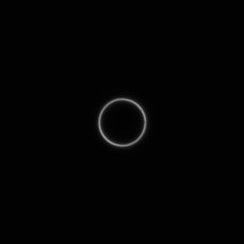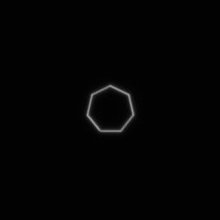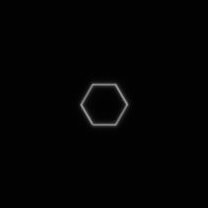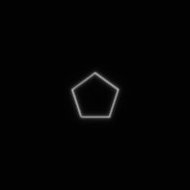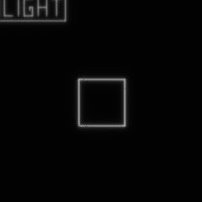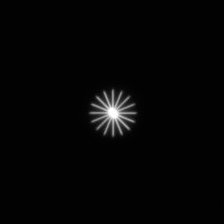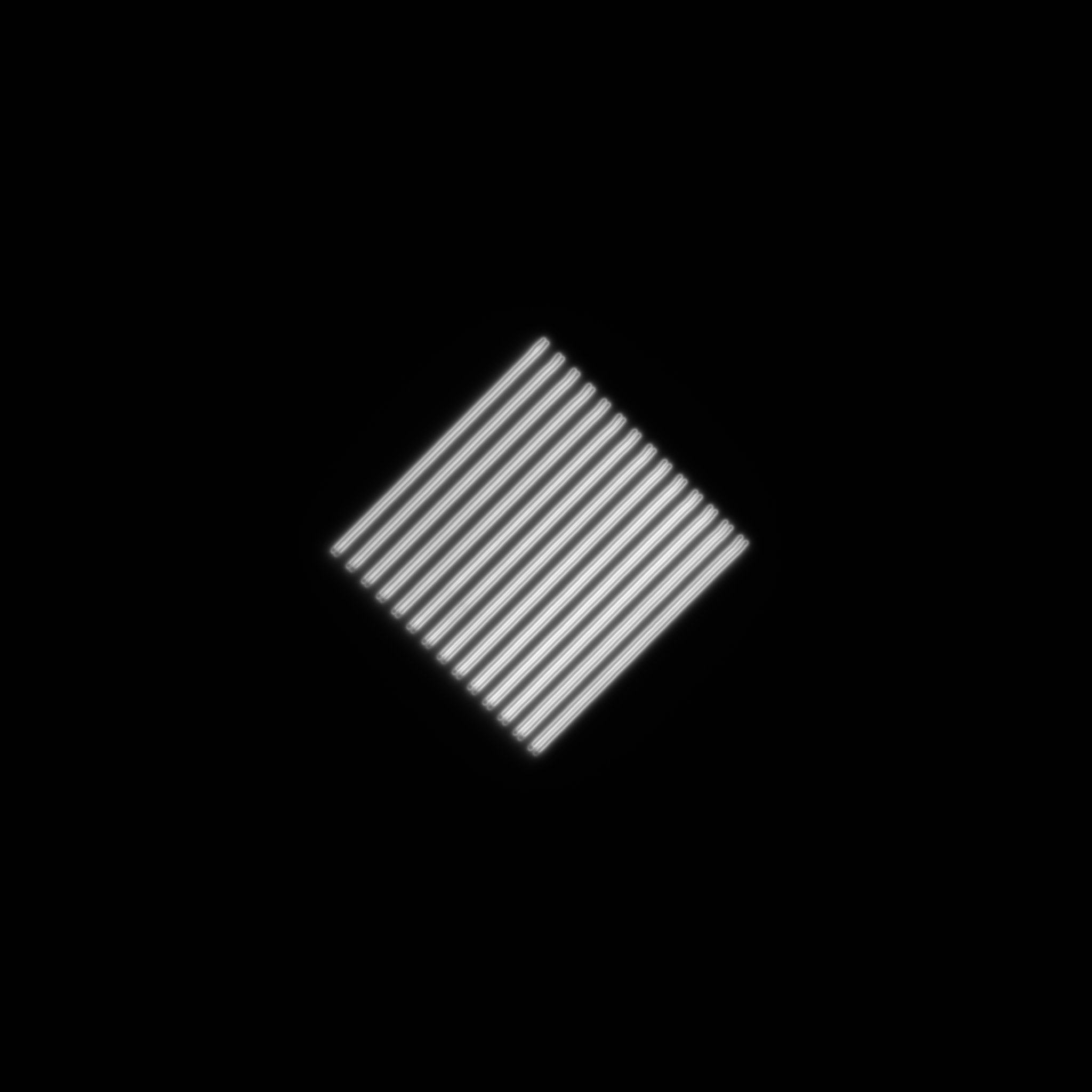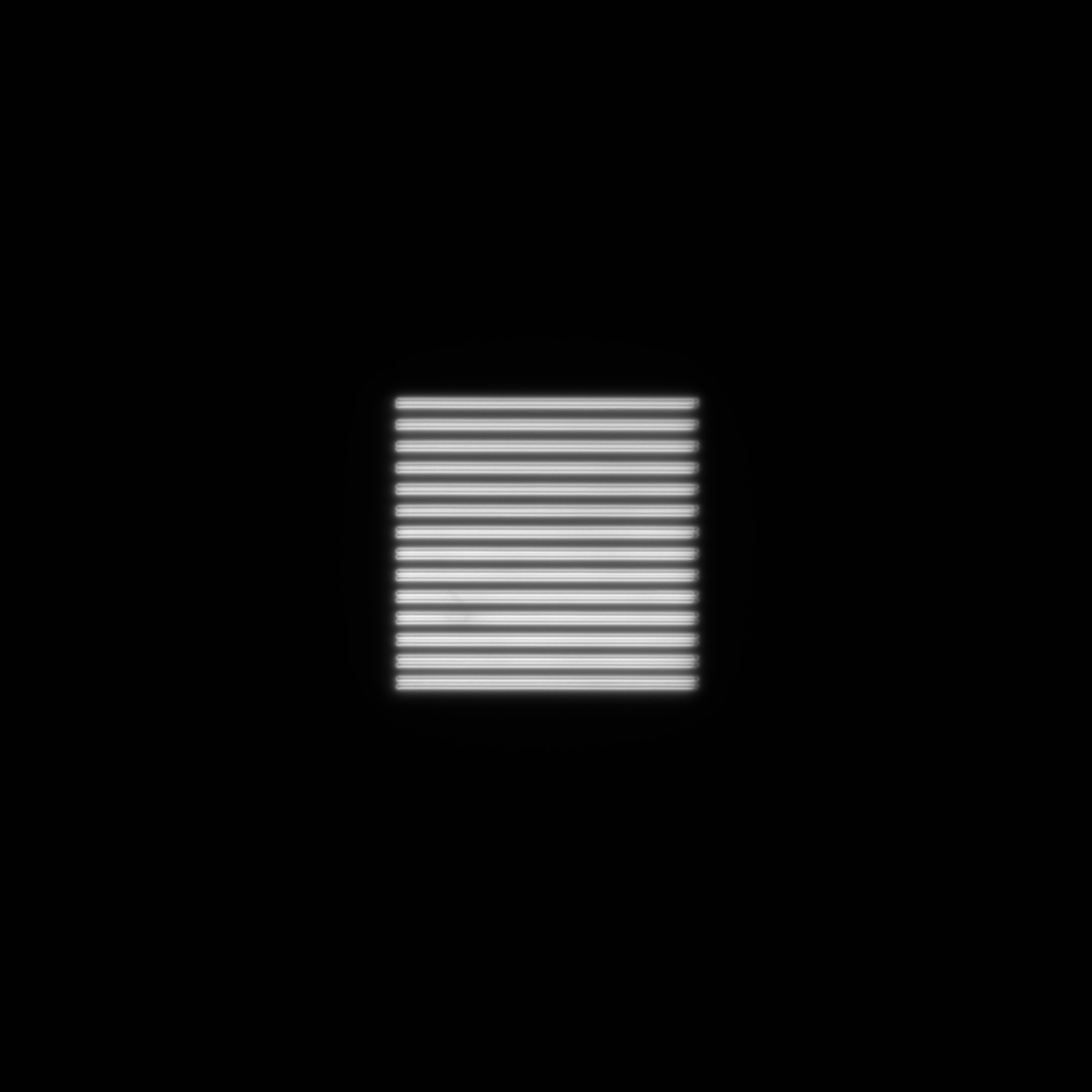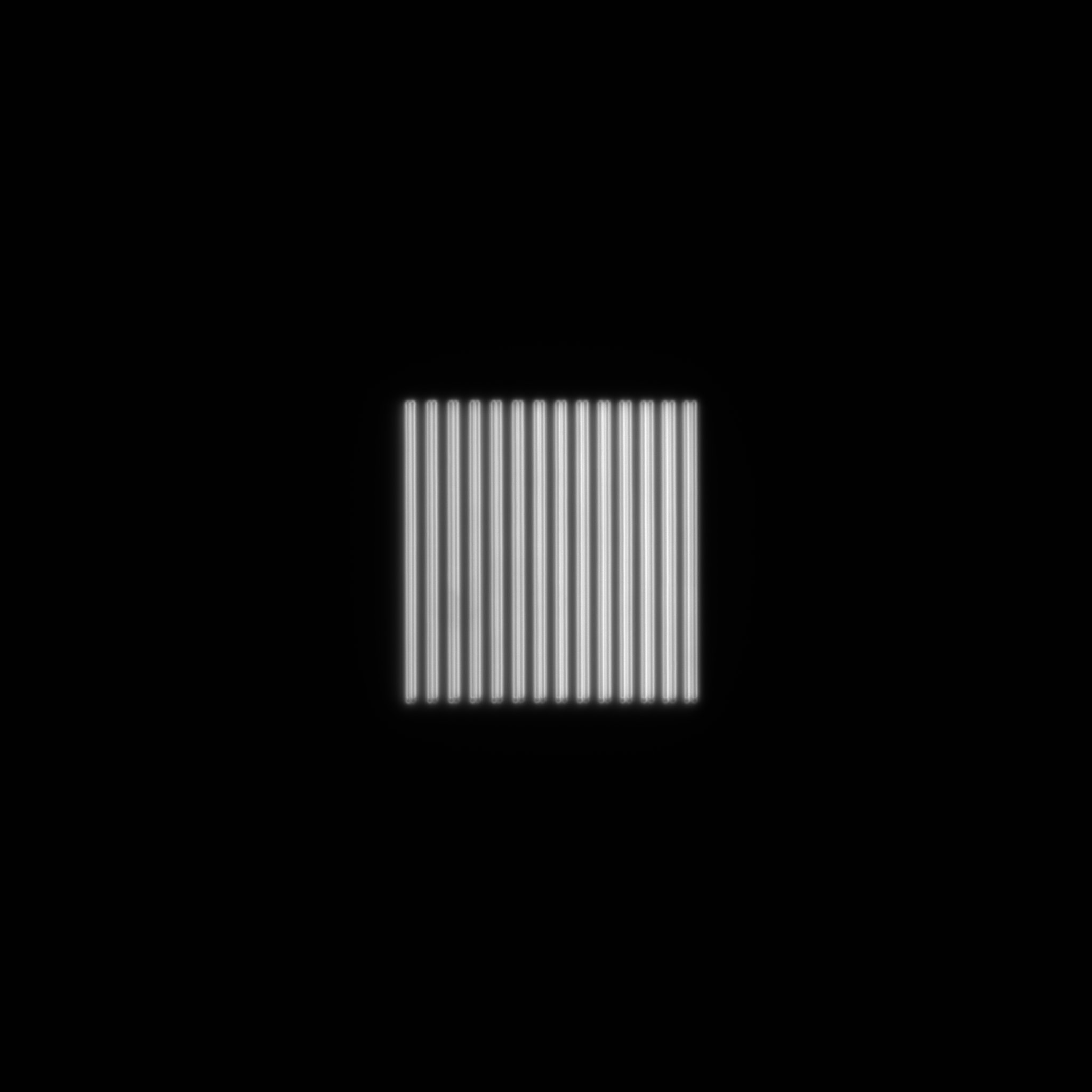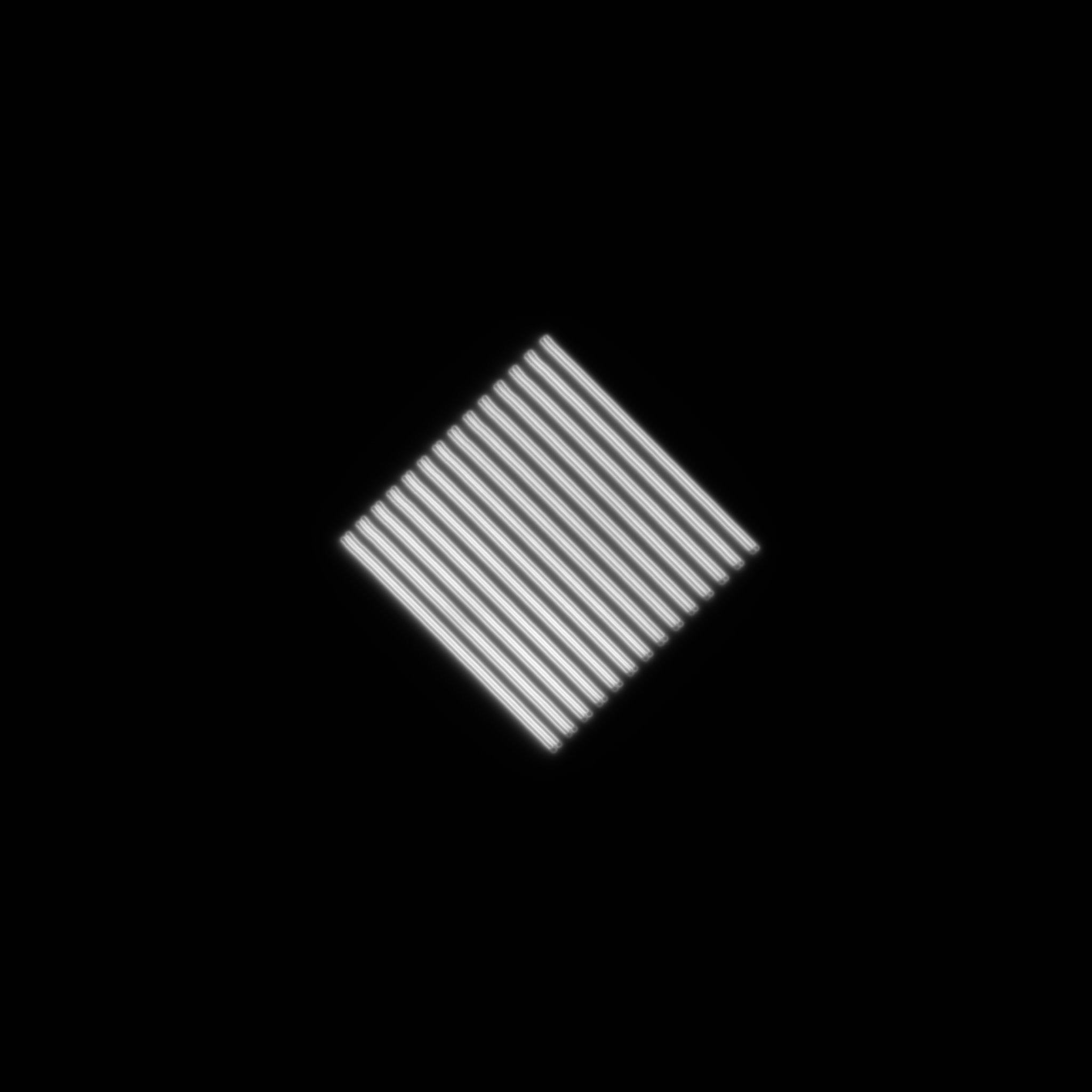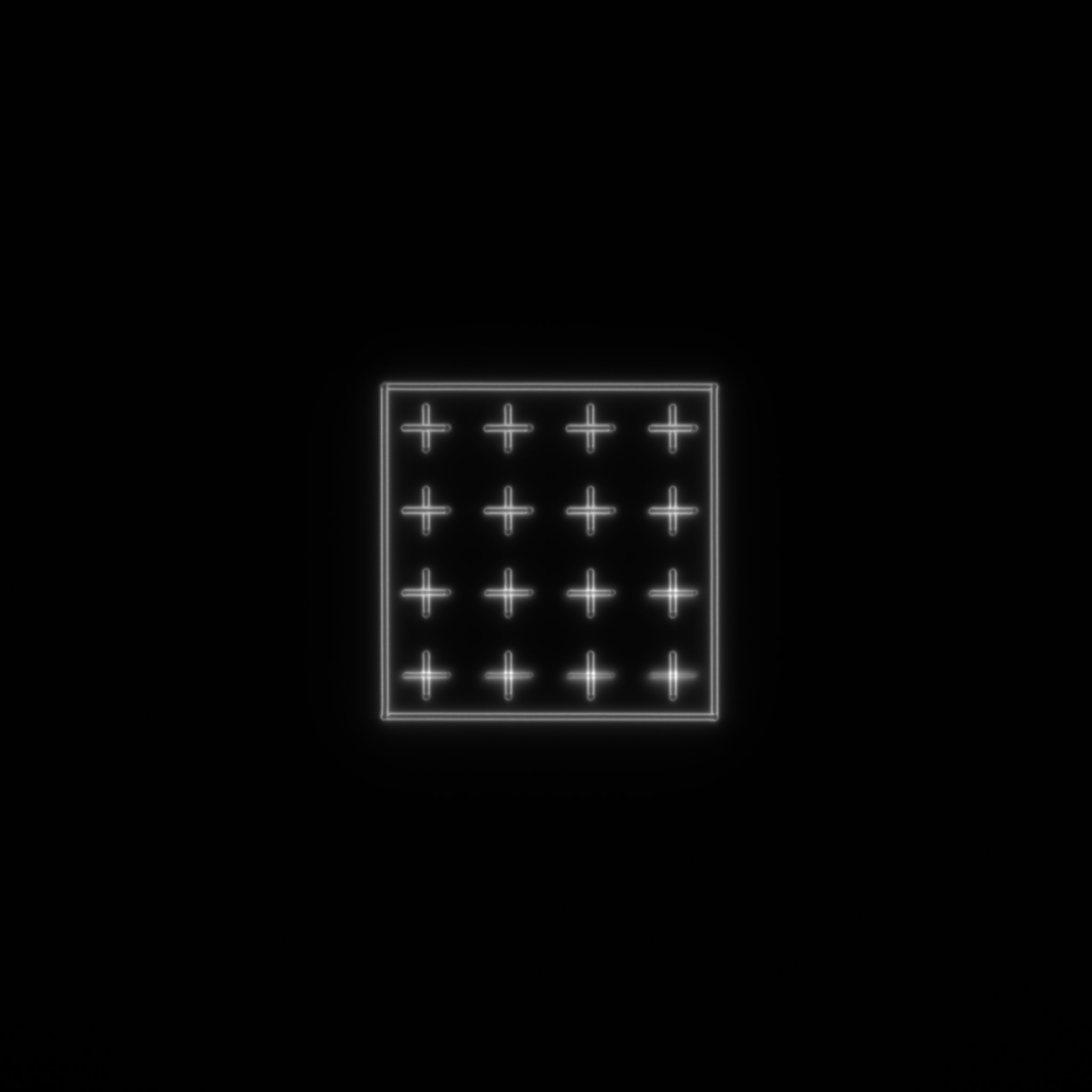Argo-POWERSIM Slide V2
Fluorescent calibration slide with integrated power meter for high magnification systems, designed for the quality control of microscopes (QC).
The SIM core of the POWERSIM slides are specifically designed designed for structured illumination microscopes.
Example of suited systems

N-SIM line
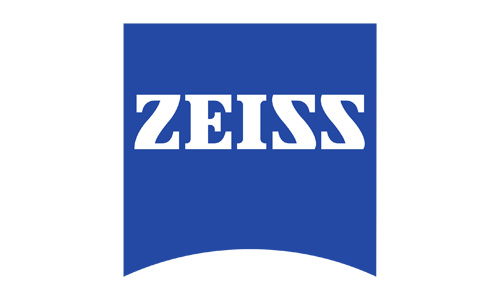
Elyra line
(Lattice SIM)

LSM Airy Scan
Argolight slides are designed to be used with the Daybook software to obtain the most relevant results regarding the quality of your microscope.
Discover daybook
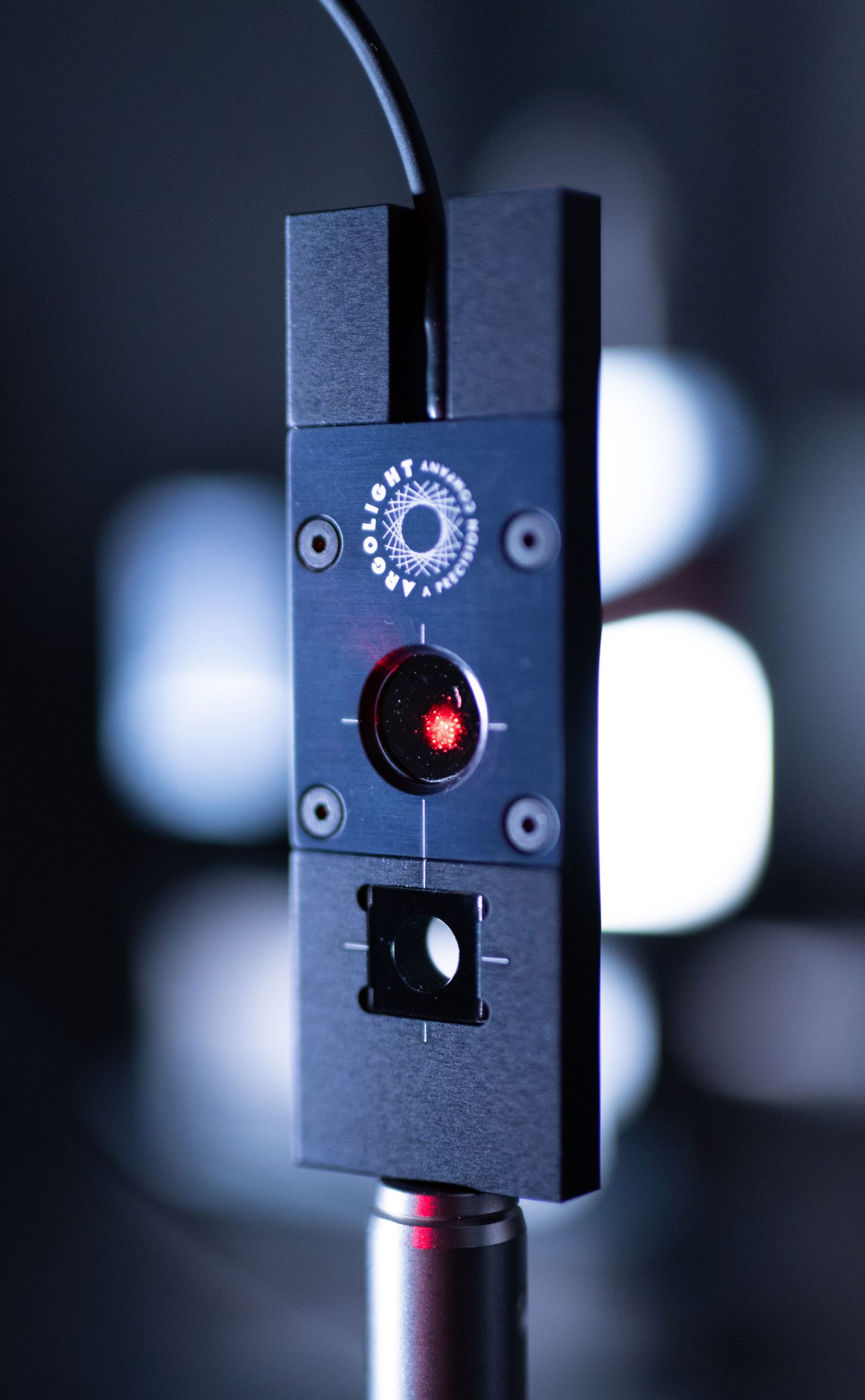
The Argo-POWER line of products integrates a compact yet sensitive power sensor. No need to modify your setup. Its shape and thinness make it fit adequately inside your microscope.
No more “Will 20% laser power kill my cells”. Using Daybook, our companion software, you can measure live power, record timelapses and trace input vs on-sample power graph. The software can generate ready-to-print reports based on your results.
Track the aging of your light sources with a reliable device. Argo-POWER sensors are calibrated and traceable to National French metrology institute (LNE) standards. Each comes with a certificate. Re-certification services are available.
Get quality and performance assessment solutions
Contact your local product specialist or someone from Argolight for more information.
User stories
Maria Smedh and Julia Fernandez-Rodriguez
Respectively Researcher, and Head of the Centre for Cellular Imaging, Core Facility of the University of Gothenburg
“The intensity of the new slide is ~ 3-5 times brighter, depending on wavelength, compared to the 1st gen. This makes the patterns easier to find and it is easier to measure them in the orange-red and far-red wavelength regions. (…)The imaging direction is labeled on the new slide. This is nice, especially for unexperienced users, since it reduces mistakes.”
Test carried out on Zeiss confocal (LSM 780) with Argo-SIM V2.
Dr. Patrick Then
Microscopy specialist, Microverse Imaging Center, Friedrich Schiller University Jena
“Both on our wide-field and confocal microscopes, it was clear to see that the brightness of the slides has been nicely improved on the new generation of slides. (…) Being a new facility, we are currently setting up some testing protocols, which we intend to do regularly to make sure our microscopes have reliable performances (…) For that, the Argolight slides are a very nice tool, because the measures are reproducible and signal intensity doesn’t change much over time. We’re thus using the slide as a standard testing target at our facility.”
Test carried out on Zeiss Widefield (Elyra 7 Lattice SIM) and ZEISS Confocal (LSM 980) with Argo-SIM V2.
Jeroen Kole
Product manager at Confocal.NL
“The RCM system is able to achieve 120 nm resolution which is hard to quantify using fluorescent beads. The Argo SIM V2 allowed us to visualize and quantify the resolution in a manner without introducing user-bias. We were clearly able to observe the 120 nm spacing between the lines in the image below. I noticed that the V2 version of the Argo SIM is much brighter than the first version. (…) for the first generation I used to push the laser to 50-60%, the increased brightness of the second-generation Argo SIM allowed me to obtain a similar SNR with only 5% laser power! ”
Test carried out on Re-scan Confocal Microscope 2 (RCM2) with Argo-SIM V2.
Argolight slides are designed to do routine quality assessments and reproducibility assessments of light microscopes.
They are made to improve reproducibility of light microscopy image data through quality control management of instruments (QC).
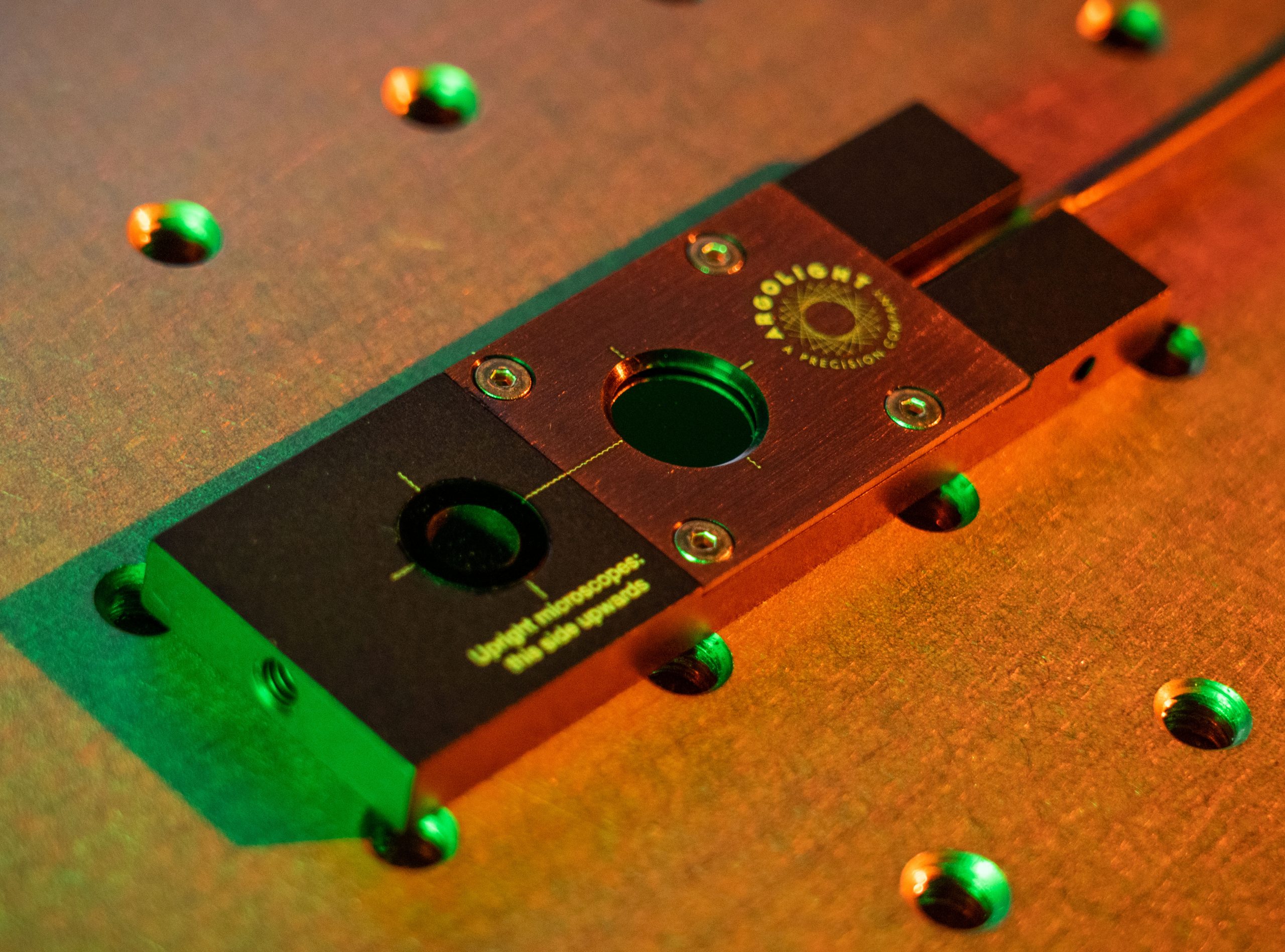
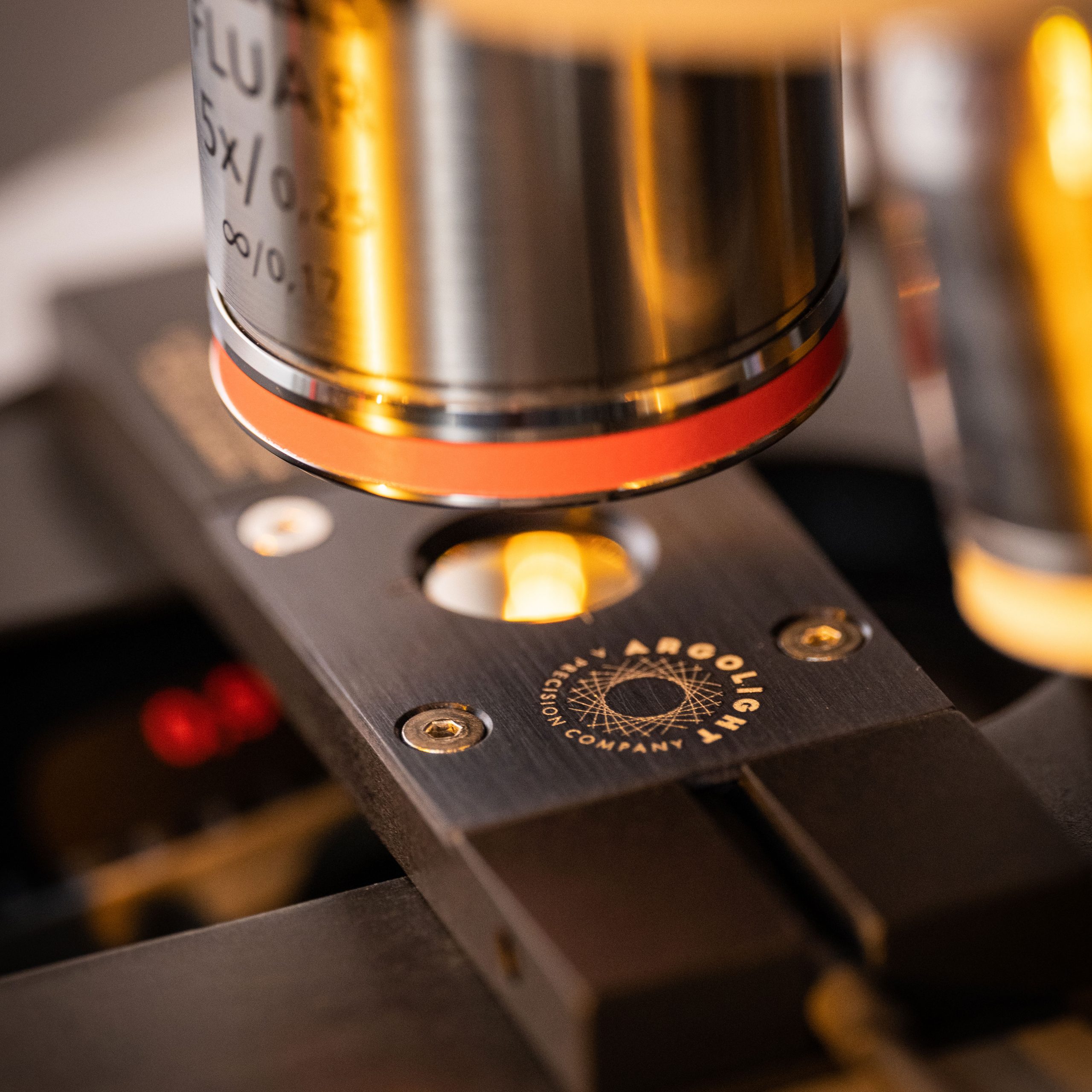
Argo-POWERSIM slides are re-usable long lasting fluorescent slides. While intensity may fluctuate with time, we warranty that they will be fluorescent for a lifetime
Argo-POWERSIM glass core fluorescence excitation spectrum is a continuum. All slides are compatible with any excitation from 250 nm to 650 nm. Emission is also a continuum starting about 10-20 nm after excitation and ending around 800 nm.
Each Argo-POWERSIM glass core contains several fluorescent microscopic patterns
Each pattern is designed to be processed with the Daybook companion software to detect aberrations and shift in microscopes performance. Users can catch issues before they can impact image quality and/or use the slides images to troubleshoot the image.
Argo-POWERSIM specifications


continuum 250-650 nm

room temperature (10-40 °C)
and under normal relative humidity
(20-70 % RH)

from 10µW to 100mW

Measure several hours of data

75x25x6 mm

continuum from the excitation
wavelength plus 15 nm,
to 800 nm

compatibility:
any fluorescence-based imaging
except depletion-based
technology and
multiphoton imaging

from 350nm to 1100nm

Anodized aluminum enclosure
with an AG03 glass core

compatibility:
dry, oil: no limitation,
water objectives: less than 20 min at a time

damage threshold:
50 GW/cm2 irradiance
(peak or average)

Content of the slide
Each Argo-POWERSIM slide contains 27 fluorescent patterns.
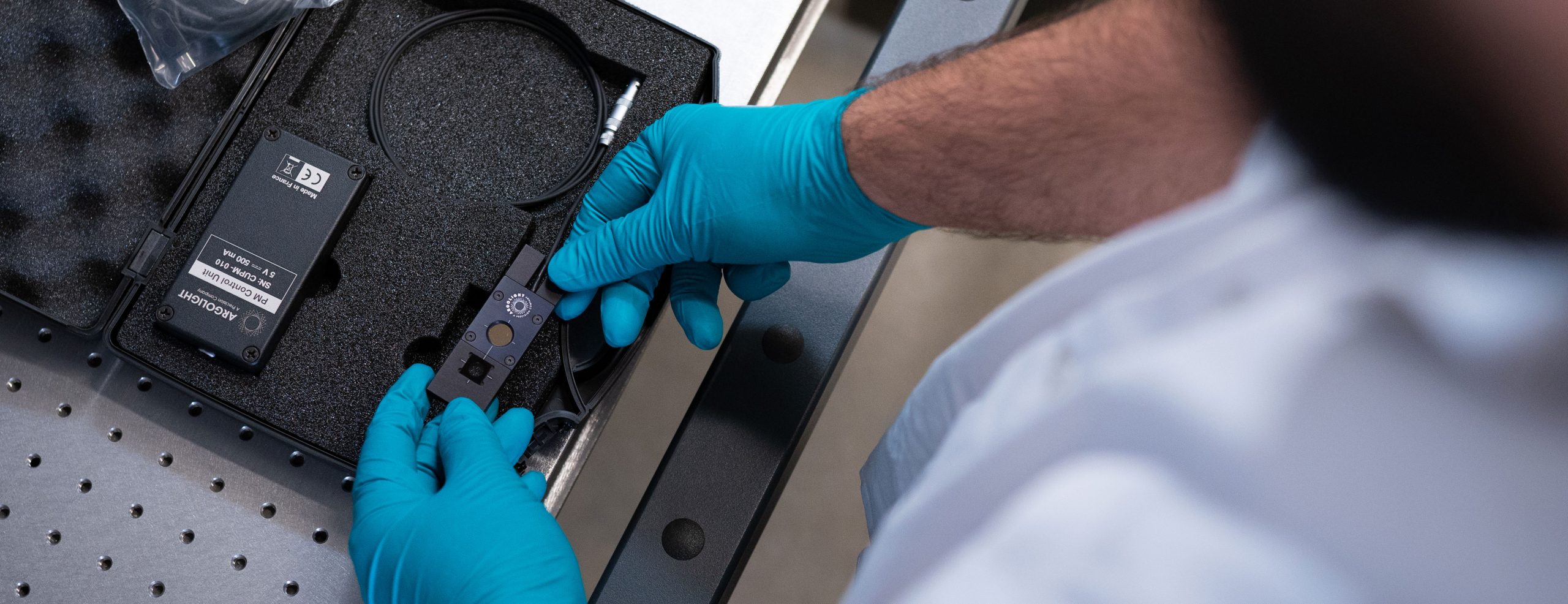
Target
PAT-AG03-EM2-A2
This pattern consists of concentric circles with increasing radii from 10 μm to 120 μm with a step of 10 μm, featuring a target.
Field of rings
PAT-AG03-EM2-B2
This pattern consists of a matrix of 21×21 rings, separated by 5 μm, on a total field of 100 µm × 100 μm. The field of rings is surrounded by eight landmarks and exhibits a 3 μm long cross in its center.
4×4 Intensity gradation
PAT-AG03-EM2-C2
This pattern consists of sixteen 6 μm-wide squares having different fluorescence intensity levels following a linear evolution, organized in a 4×4 matrix.
3D Crossing stairs
1μm step
PAT-AG03-EM2-I5
This pattern consists of twice 11 empty cylinders embedded at different depths, like two crossing stairs, surrounded by four pillars. The step is: 1 μm.
3D Crossing stairs
0.5 μm step
PAT-AG03-EM2-I6
This pattern consists of twice 11 empty cylinders embedded at different depths, like two crossing stairs, surrounded by four pillars. The step is: 0.5 μm.
3D Crossing stairs
0.25 μm step
PAT-AG03-EM2-I7
This pattern consists of twice 11 empty cylinders embedded at different depths, like two crossing stairs, surrounded by four pillars. The step is: 0.25 μm.
Word ARGOLIGHT
PAT-AG03-EM2-J2
This pattern consists of the letters forming the company name “Argolight”, and surrounded by an 80 μm × 18 μm frame.
3D Matrix of rings
PAT-AG03-EM2-K1
This pattern consists in a 3D matrix of 9×9×9 rings, separated by 5 μm, on a total volume of 40 µm × 40 µm × 40 μm.
Field of rings on a background
PAT-AG03-EM2-L1
This pattern consists in a matrix of 9×9 rings, separated by 5 μm, on a total field of 40 µm × 40 μm, on a fluorescent background that is 10 μm below.
Gradually spaced lines
PAT-AG03-EM2-E8
This pattern consists of pairs of 36 μm-long lines whose spacing gradually increases, from 0 nm to 390 nm, with a step of 30 nm. One set of lines is present: ascending (+ 45°).
Gradually spaced lines
PAT-AG03-EM2-E5
This pattern consists of pairs of 36 μm-long lines whose spacing gradually increases, from 0 nm to 390 nm, with a step of 30 nm. One set of lines is present: horizontal.
Gradually spaced lines
PAT-AG03-EM2-E6
This pattern consists of pairs of 36 μm-long lines whose spacing gradually increases, from 0 nm to 390 nm, with a step of 30 nm. One set of lines is present: vertical.
Matrix of crosses
PAT-AG03-EM2-F2
This pattern consists of a matrix of 4×4 crosses, having a length of 5 μm and a step of 10 μm, surrounded by a 40 μm-wide frame.
The crosses are composed of vertical lines that are in the same plane, and by horizontal lines, going gradually deeper within the glass.
The spacing between the vertical and horizontal lines gradually increases, from 0.1 µm to 1.6 μm, with a step of 0.1 μm.
Sphere
PAT-AG03-EM2-G2
This pattern consists of three circles with a diameter of 25 μm in different orthogonal planes, featuring the equator and two meridians of a sphere.
Find product documentation
Find the right documentation, user guide or information about your Argolight product.
Want to know more or ask for a quotation


